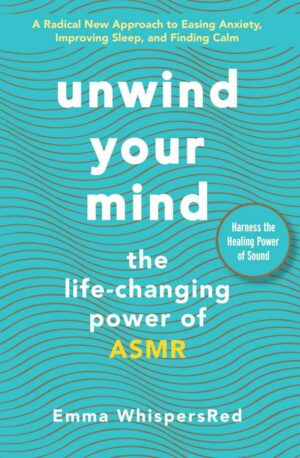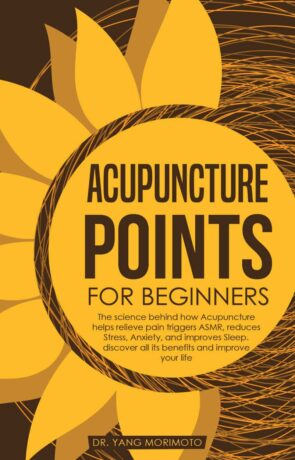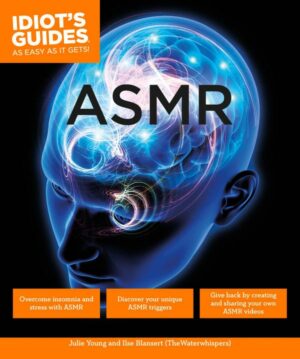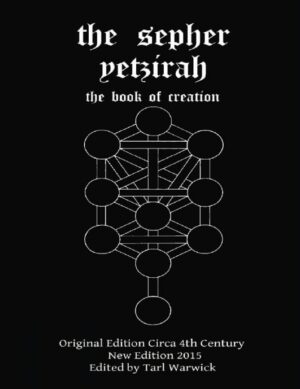Skip to content
"For those involved with the study of Kabbalah, the Sepher Yetzirah is, along with the Sepher Bahir, one of the key works of note within this genre of mysticism. Involved with both the Hebrew alphabet and numbers systems, it ascribes all major aspects of creation (literally, formation by divine force) to three classes of Hebrew letters, with three numbered classes thereafter; the three mothers, the seven pairs, and the twelve elementals. Further, to this is added the ten Sephiroth and their representations. The work contains what are very likely to be Gnostic elements as well, for the Sephiroth are of nothingness; here too are some alchemical properties and concepts enumerated in antiquity, long before...>>





